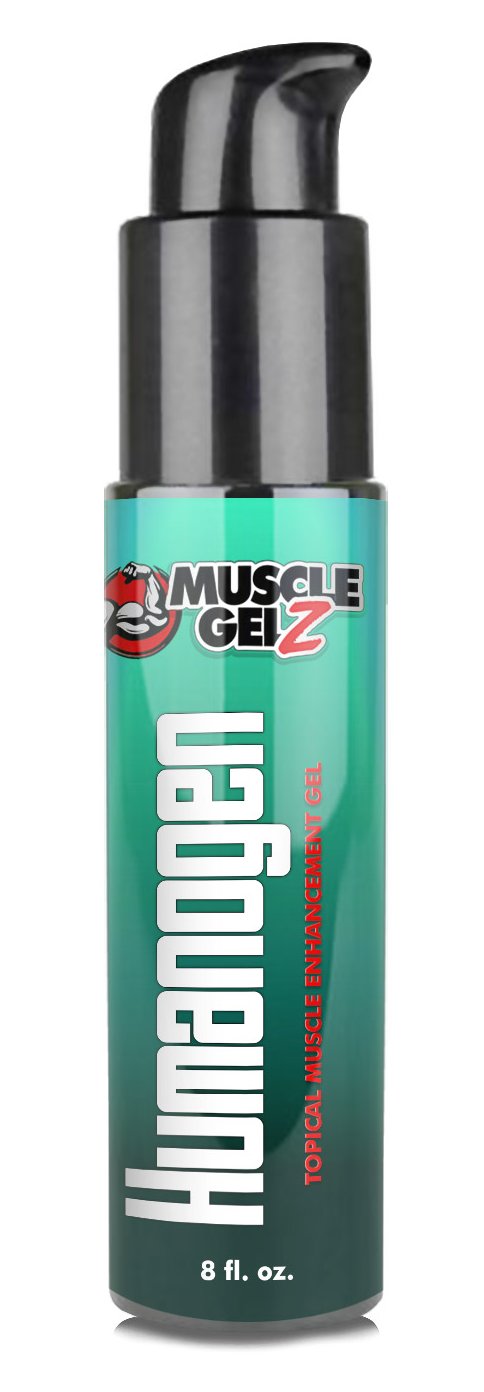Is Quorn a better muscle builder than milk protein?
For young men lifting weights, meat substitute Quorn is a better muscle builder than old-fashioned milk protein. We honestly have difficulty believing that, but it is what University of Exeter researchers said on July 3, 2019 during the annual conference of the European College of Sport Science in Prague.
Human study
We cannot give you many details about the study, but we can give you the generalities that the University of Exeter made public in a press release. [ScienceDaily.com, July 3, 2019]
According to this press release, the British experimented with 20 young men, who had been training with weights for some time. If the men were given milk protein, the synthesis of muscle protein increased by 60 percent. If the men received Quorn, the synthesis of muscle protein increased by more than 120 percent.
"These results are very encouraging when we consider the desire of some individuals to choose non-animal derived sources or protein to support muscle mass maintenance or adaptations with training," says researcher Benjamin Wall of the University of Exeter.
"Our data show that mycoprotein can stimulate muscles to grow faster in the hours following exercise compared to a typical animal comparator protein (milk protein) - we look forward to seeing whether these mechanistic findings translate to longer term training studies in various populations."
Wall and his colleagues have been working closely with Quorn's producer for years, who by the way sponsors their research.
Quorn
Quorn is a product of Marlow Foods, a food company from Buckinghamshire in the UK. In 1967, researchers from Marlow discovered a fungus in a field outside the company's building that is now known as Fusarium venenatum strain PTA684.
In the 1960s, British scientists looked for alternative ways to produce high-quality proteins. They screened three thousand fungi that occur in the soil, and discovered that Fusarium venenatum was a damn good producer of edible protein. To produce a gram of protein, you only need ten percent of the resources required to produce a gram of chicken protein.
Allergic reactions
Quorn entered the market in 1985 as an environmentally friendly and vegan alternative to animal protein. Not everyone was - and is - enthusiastic about it. Researchers at the Center for Science in Public Interest in the US published another study last year in which they analyzed 1752 cases of people who had noticed that they had an allergic reaction to Quorn. [Ann Allergy Asthma Immunol. 2018 Jun;120(6):626-30.]
In addition, there were several hundred extremely serious cases, and 1 death. The Americans concluded that "the acceptance in the food supply or this nonessential ingredient deserves reconsideration".
However, you should note that the cases studied were reported on a website that was explicitly intended for consumers who had encountered problems with Quorn. The reliability of such data is a point of discussion. The British think that the risks of Quorn are very small. [Curr Dev Nutr. 2019 Apr 4;3(6):nzz021.]
Nutritional value
On paper, the nutritional value of Quorn is excellent. The protein consists of 41 percent of essential amino acids, just like the protein in spirulina. Whey protein consists of 52 percent essential amino acids.
In 2017, British researchers published a human study in which they gave 10 men Quorn, and then registered the appearance of the amino acids from the fungal protein in the men's blood. [Br J Nutr. 2017 Nov;118(9):673-85.]
They discovered that Quorn is a 'slow' protein that gradually releases its amino acids to the body after ingestion. Perhaps that is because Quorn contains a lot of fibers, such as beta glucans and chitin, which slow down digestion.
Source: ScienceDaily.com, July 3, 2019.
For young men lifting weights, meat substitute Quorn is a better muscle builder than old-fashioned milk protein. We honestly have difficulty believing that, but it is what University of Exeter researchers said on July 3, 2019 during the annual conference of the European College of Sport Science in Prague.
Human study
We cannot give you many details about the study, but we can give you the generalities that the University of Exeter made public in a press release. [ScienceDaily.com, July 3, 2019]
According to this press release, the British experimented with 20 young men, who had been training with weights for some time. If the men were given milk protein, the synthesis of muscle protein increased by 60 percent. If the men received Quorn, the synthesis of muscle protein increased by more than 120 percent.
"These results are very encouraging when we consider the desire of some individuals to choose non-animal derived sources or protein to support muscle mass maintenance or adaptations with training," says researcher Benjamin Wall of the University of Exeter.
"Our data show that mycoprotein can stimulate muscles to grow faster in the hours following exercise compared to a typical animal comparator protein (milk protein) - we look forward to seeing whether these mechanistic findings translate to longer term training studies in various populations."
Wall and his colleagues have been working closely with Quorn's producer for years, who by the way sponsors their research.
Quorn
Quorn is a product of Marlow Foods, a food company from Buckinghamshire in the UK. In 1967, researchers from Marlow discovered a fungus in a field outside the company's building that is now known as Fusarium venenatum strain PTA684.
In the 1960s, British scientists looked for alternative ways to produce high-quality proteins. They screened three thousand fungi that occur in the soil, and discovered that Fusarium venenatum was a damn good producer of edible protein. To produce a gram of protein, you only need ten percent of the resources required to produce a gram of chicken protein.
Allergic reactions
Quorn entered the market in 1985 as an environmentally friendly and vegan alternative to animal protein. Not everyone was - and is - enthusiastic about it. Researchers at the Center for Science in Public Interest in the US published another study last year in which they analyzed 1752 cases of people who had noticed that they had an allergic reaction to Quorn. [Ann Allergy Asthma Immunol. 2018 Jun;120(6):626-30.]
In addition, there were several hundred extremely serious cases, and 1 death. The Americans concluded that "the acceptance in the food supply or this nonessential ingredient deserves reconsideration".
However, you should note that the cases studied were reported on a website that was explicitly intended for consumers who had encountered problems with Quorn. The reliability of such data is a point of discussion. The British think that the risks of Quorn are very small. [Curr Dev Nutr. 2019 Apr 4;3(6):nzz021.]
Nutritional value
On paper, the nutritional value of Quorn is excellent. The protein consists of 41 percent of essential amino acids, just like the protein in spirulina. Whey protein consists of 52 percent essential amino acids.
In 2017, British researchers published a human study in which they gave 10 men Quorn, and then registered the appearance of the amino acids from the fungal protein in the men's blood. [Br J Nutr. 2017 Nov;118(9):673-85.]
They discovered that Quorn is a 'slow' protein that gradually releases its amino acids to the body after ingestion. Perhaps that is because Quorn contains a lot of fibers, such as beta glucans and chitin, which slow down digestion.
Source: ScienceDaily.com, July 3, 2019.





